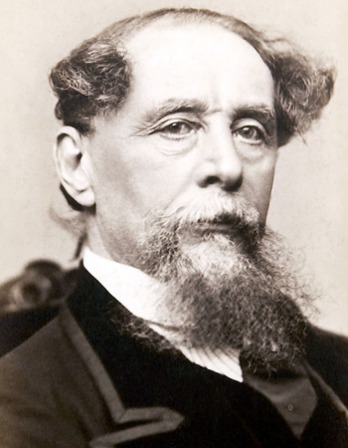I had the curiosity to visit a monastery, and to observe the devotions of the dervishes.
These fellows are confined to an odd habit, which is only a piece of coarse white cloth wrapped about them, with their legs and arms naked. Their order performs their fantastic rites every Tuesday and Friday, which is done in this manner: they meet together in a large hall, where they all stand with their eyes fixed on the ground and their arms across, while the imam reads part of the Quran from a pulpit placed in the midst; and when he has done, eight or ten of them make a melancholy concert with their pipes, which are no unmusical instruments. Then he reads again and makes a short exposition on what he has read; after which they sing and play till their superior (the only one of them dressed in green) rises and begins a sort of solemn dance. They all stand about him in a regular figure; and while some play, the others tie their robe (which is very wide) fast around their waist, and begin to turn around with an amazing swiftness, and yet with great regard to the music, moving slower or faster as the tune is played. This lasts above an hour, without any of them showing the least appearance of giddiness; which is not to be wondered at when it is considered they are all used to it from their infancy; most of them being devoted to this way of life from their birth. There turned among them some little dervishes of six or seven years old, who seemed no more disordered by that exercise than the others. At the end of the ceremony they shout out, “There is no other god but God, and Muhammad is his prophet,” after which they kiss the superior’s hand and retire. The whole is performed with the most solemn gravity.
From a letter. “This letter is of horrible length,” Montagu apologizes at the end of this note to the Countess of Bristol, “but you may burn it when you have read enough.” In April 1716 Montagu’s husband was appointed English ambassador to the Ottoman court. During the family’s year and a half abroad, Montagu wrote fifty-two letters—many of them to her close friend Alexander Pope—polishing the pieces afterward with the intention of publishing them posthumously.
Back to Issue



